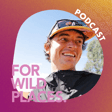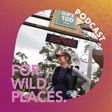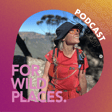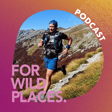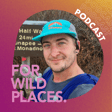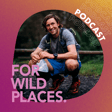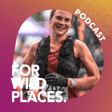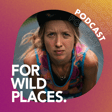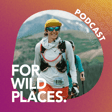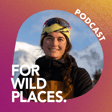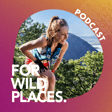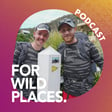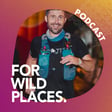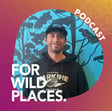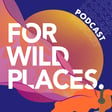
11. Unlocking the unstoppable combination of consitency, passion and showing up with Melissa Robertson
In this week's podcast, we catch up with ultra runner, software developer and consistency queen, Melissa Robertson.
Melissa lives on NSW's Central Coast but has explored many of Australia's most iconic trails and races, from backyard ultras to 200-milers and 24-hour events. When she's not training, recovering or travelling, Melissa works remotely as a software developer for the Australian Antarctic Division.
Will first caught up with Melissa in April 2023, fresh off the heels of attempting the Barkley Marathons, a race Melissa described as 'insane'. We then caught up with Melissa in October 2025, two and a half years, and many accomplishments later. We talk about consistency, training in all conditions, her upcoming move to lutriwita/Tasmaia and training for UTMB 2026.
Melissa's love and passion for running is embedded in who she is, and we are so grateful to her for sharing this infectious energy with us. These two conversations serve as a reminder of how much we are capable of when we stop making excuses and get out onto the trails, day after day, rain or shine.
Thank you, Melissa, for being such an inspiration to those juggling 9-to-5 and big, outdoor adventure goals. You can follow Melissa's adventures on Instagram, @melissa_trailrunner.
To hear more from For Wild Places, subscribe to our newsletter or become a member.
